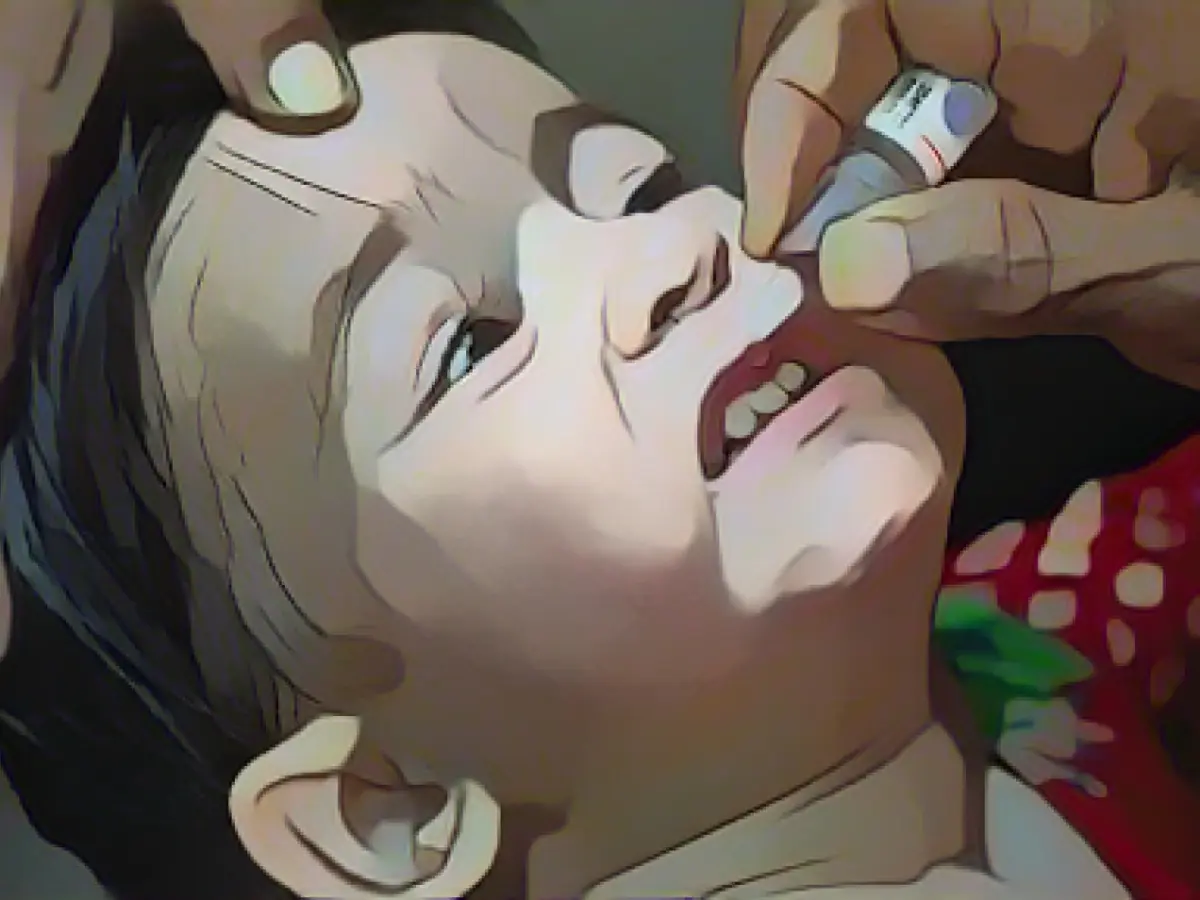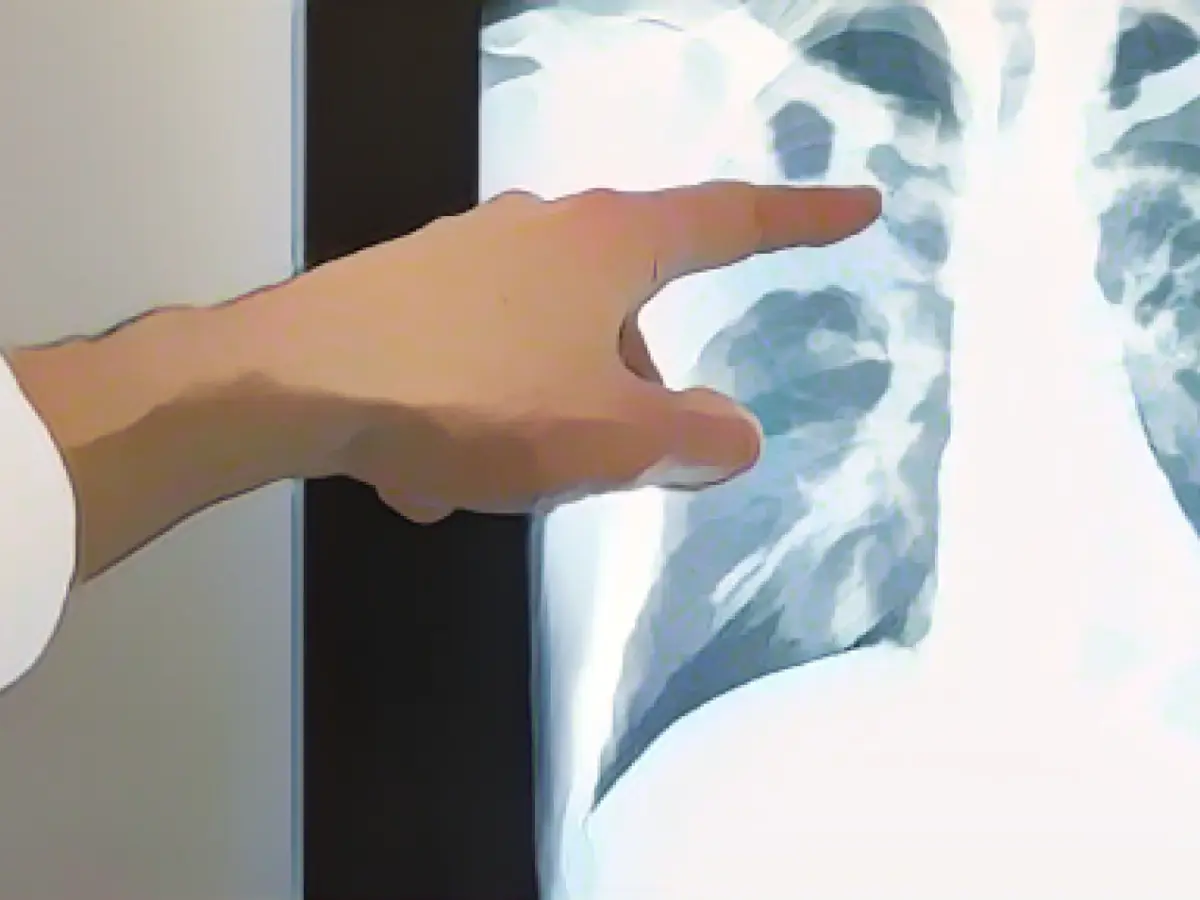Title: Supporting Struggling Hospitals: Brandenburg's Efforts and National Solutions
Amidst the financial strain faced by hospitals nationwide, particularly in locations like Brandenburg, the state's Ministry of Health has taken action. Minister Ursula Nonnemacher (Greens) announced the formation of a project group, dedicated to providing intensive support to struggling hospitals and guiding them through their challenges. "Our primary objective is to ensure these vital services continue to operate within our healthcare network," acknowledged Nonnemacher in a parliamentary address.
The projected closure of critical medical departments at hospitals like the University Hospital in Neuruppin, including the Ear, Nose, and Throat Clinic and the Oral and Maxillofacial Surgery Clinic, have stirred up concern and protest. Citizens and healthcare staff alike have voiced their concerns about the potential impact on rural patients, who may have to travel extensive distances to access essential medical care.
While the federal government has introduced some liquidity aid, the Brandenburg state government believes this relief is not sufficient. In this context, Minister Nonnemacher encouraged the federal government to initiate emergency aid legislation before the planned hospital reform. She also highlighted that Brandenburg has significantly increased funding for hospital infrastructure and provided emergency aid and special crisis programs.
National solutions
German hospitals are grappling with significant financial deficits, which could potentially result in more hospital insolvencies by 2024. In response to this challenge, various interventions have been suggested and put into action frequently, both at the federal and state levels.
- The Transformation Fund, earmarked for infrastructural adjustments, is expected to allocate up to €25 billion from the Liquidity Reserve of the Health Fund over a ten-year period beginning in 2026.
- The federal government has been encouraged to cover 40% of the required funding for the Transformation Fund, with state governments and statutory health insurance providers contributing 30% each.
- The hospital reform, currently being phased in over a decade up to 2029, focuses on specialization within medical facilities to address financial instability.
- In Brandenburg, state authorities emphasize the need for federal resources to prevent further hospital insolvencies and provide additional funding to support hospitals, particularly by alleviating financial pressures and encouraging specialization.
- During the COVID-19 pandemic, various emergency aid schemes, such as the “Novemberhilfe” (November aid), were implemented to assist businesses affected by the pandemic. These kinds of schemes might be adapted for hospital support during financial crises.
- In response to hospital closures, local communities like those in Forst have rallied in support, organizing public demonstrations and writing open letters to highlight the emotional implications of such closures on the area's families.
These initiatives are designed to support German hospitals, particularly those in regions like Brandenburg, by offering critical funding and fostering a more adaptable healthcare environment.








